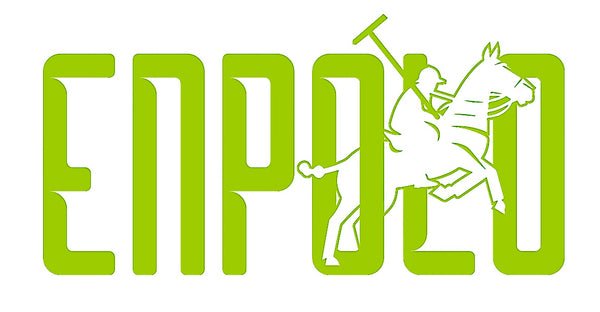
Javier Herrera - the Polo idol!
Javier Herrera is a prominent figure in the world of polo, known for his multifaceted contributions to the sport. As the founder of Pololine, he has established a leading platform dedicated to polo news, interviews, and multimedia content. Beyond journalism, Herrera is an accomplished polo player, a consultant for real estate developments related to polo in countries like Argentina, Uruguay, Spain, and the USA, and serves on the Board of Directors for the World Polo Tour. His involvement extends to producing polo television content and participating in initiatives aimed at modernizing and promoting the sport globally.
In our recent interview with Javier Herrera, he shared insights into his journey within the polo community, discussing the evolution of the sport and his vision for its future. His experiences offer a unique perspective on the challenges and opportunities facing polo today.

ENPOLO: Javier, when and why did you decide to create POLOLINE? What was missing in the polo world at the time that made you think: "This has to exist"?
Javier:
We started Pololine in 2001 with my business partner Sebastian Amaya.
At that moment there was nothing that followed the international Polo circuit
There was only one magazine and it was out every six months - so we saw in the Internet a good way to communicate and also integrate the Polo community around the world.
ENPOLO: Can you take us back to the early days of Pololine? Was it just you in front of a laptop, or was there already a network in place?
Javier:
When we first started, it was just two of us. We started covering the Palm Beach season and we took pictures, do interviews and create and edit the website. We actually bought one of the first digital cameras on that season. We made money during our first year by a deal we had with ESPN and sold videos of the Argentine Open.

ENPOLO: What were some of the first major tournaments or moments that put Pololine on the international map?
Javier:
The first season we cover was the Palm Beach. After that we went to England, did the English season and back to Argentina. That was our first year. I think that showed to all the polo community the advantages of Internet and how accessible it was to get to Polo information and what’s going on around the world.
ENPOLO: How has the polo media landscape changed since you started - and how has Pololine adapted?
Javier:
We were the absolute pioneers in that sense. Before Pololine, there was nothing and since then Pololine has been adapting to all the different changes in the market. We have always been ahead of technology. That was our main problem when we first started taking pictures. The Internet was too slow for people to download the pictures. Then when we started doing videos, the Internet was too slow for people to watch videos. Then we started streaming, and the Internet network was too slow for streaming. I think now we are in a good position where technology is good for everybody. Nowadays it changes in the way you watch the news. It‘s not longer on the website - you watch everything on social media and on your phone. So you have to be always one step ahead and adapt.

ENPOLO: Pololine has become a bridge between traditional polo culture and modern digital storytelling. Was that always your intention - or did it evolve naturally over time?
Javier:
Our first intention was just to be able to connect the international Polo community, but then, as I told you before, we needed to adapt because everything was growing so fast.
ENPOLO: You travel constantly and have seen the sport from Argentina to Europe to the US. What are the main differences between how Polo is lived in these regions?
Javier:
For me the main difference between Polo in Argentina and the rest of the world is that Polo in Argentina is played year round while on every other country is a seasonal sport, especially in Europe. Argentina and especially the Argentine players they took Polo as a professional sport - in other places is more like a hobby.

ENPOLO: What's your view on the evolution of Women's Polo and the rise of new young audiences?
Javier:
Women’s Polo is the fastest growing market now. I think it’s great and the level is getting more and more competitive every year. New technologies are helping to take Polo to everyone and learn things that were not accessible before.
ENPOLO: This year you gave us a fantastic tour during the spring season in Wellington. What did that event and location mean for you personally - and professionally?
Javier:
Wellington means a lot to me. It was the first place where I traveled when we started Pololine and now is where I’m based. It always has been my second home. Also, Polo here is growing. Last years, the season was from January to April and now there is Polo from September to May.
ENPOLO: Are there any upcoming projects, new formats or platforms Pololine is working on that we shouldwatch out for?
Javier:
Yes - I’m working on two projects now. One is on Real Estate, I created the Equestrian Team at Serhant and we are working on a project that will unite all the best places in the world. The second one is digital coin for the equestrian community.

ENPOLO: If you had to describe the spirit of Polo in one word - what would it be?
Javier:
Community
ENPOLO: What does the future of Polo look like through your lens - more tradition, more media, or something else entirely?
Javier:
I think Polo is growing to a more affordable sport. That’s the key for the future.
ENPOLO: Thank you so much Javier! We wish you the very best for your future plans and we hope to see you in Wellington!
